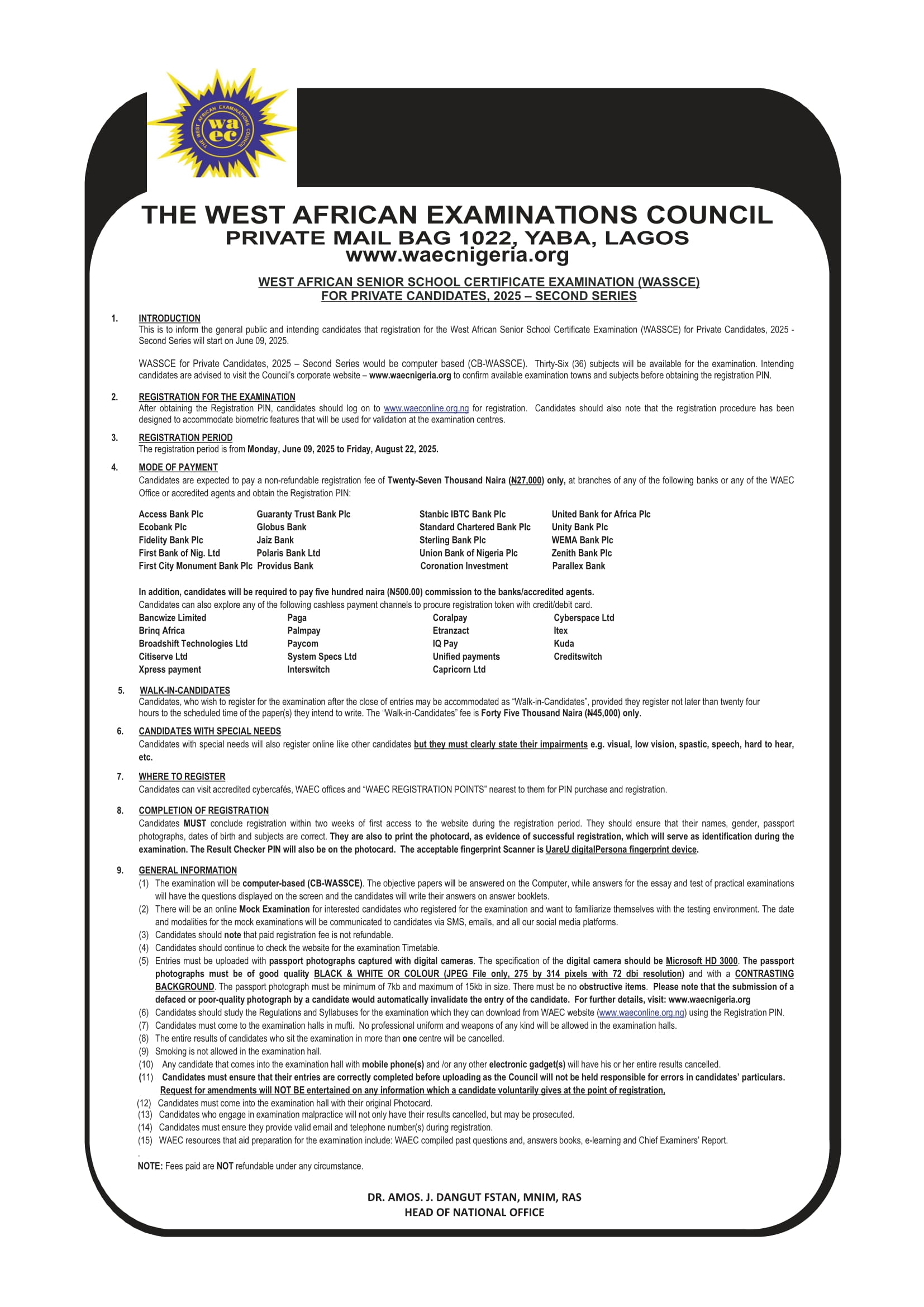
Kaduna digitises school attendance register, distributes 2,358 devices

The initiative is under the World Bank-supported Better Education Service Delivery for All (BESDA).
The Kaduna State Universal Basic Education Board (Kaduna SUBEB) on Monday distributed 2,358 tablet computers to 2,258 public primary schools as part of efforts to digitise the school attendance register in public schools.
Executive chairman of the board, Tijjani Abdullahi, said at the distribution ceremony in Kaduna that the initiative was under the World Bank-supported Better Education Service Delivery for All (BESDA).
“This is to commence the digital attendance register in public schools across the state as part of the digital transformation agenda for teaching and learning in public schools in the state,” Mr Abdullahi said.
Mr Abdullahi said stakeholders would use the device Disbursement Link Indicator (DLI), under the BESDA programme, introduced to document the attendance of pupils in schools digitally.
He said the device would be used by education stakeholders to track pupils’ attendance, ensure school retention and completion, and enhance decision-making and planning.
“Also, the National Bureau of Statistics is set to conduct an independent verification exercise of BESDA activities in benefitting public schools across the country,” he said.
The SUBEB boss urged the acting education secretaries, head teachers and school-based management committees, and religious and traditional leaders to support the initiative.
He added that the tablet computers would be distributed to other schools, stressing that Head Teachers would be accountable for the effective use and safety of the devices.
The Commissioner for Education, Halima Lawal, said the state government would continue to deepen its quest for digital and e-learning in public schools.
Ms Lawal, who was represented by the permanent secretary, Ministry of Education, Haliru Soba, assured the state government’s commitment to increase investment in the education sector.
The Head of Education Management Information System, Josephine Michael, pointed out that enrolment in primary one in public schools was usually very high.
About The Author

